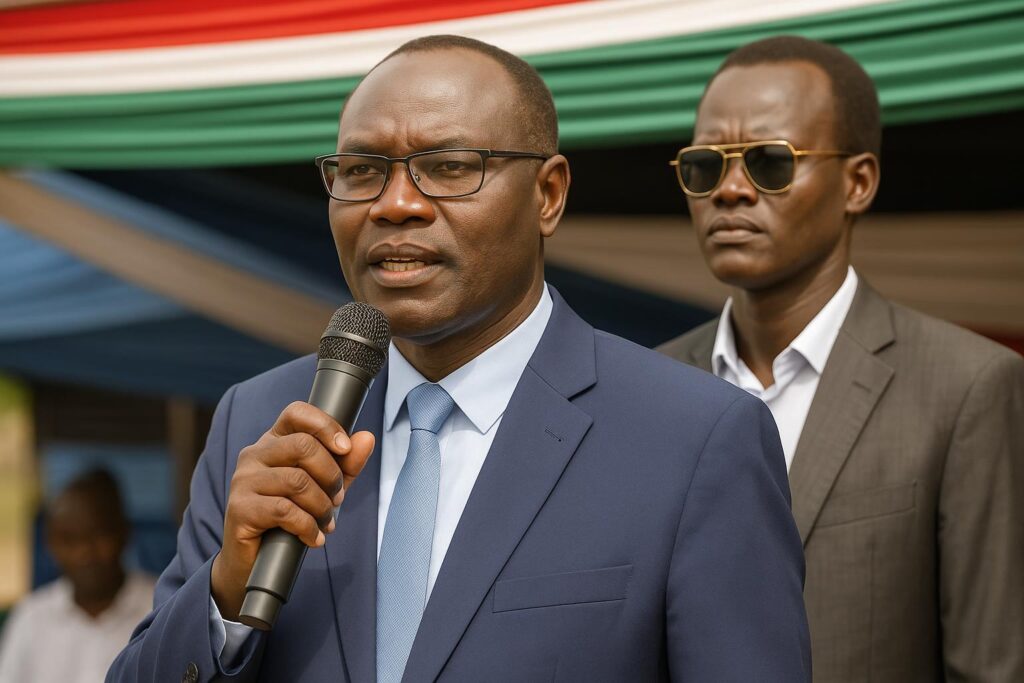Finance Ministry’s pivotal mandate
Few portfolios carry the weight of South Sudan’s Ministry of Finance and Economic Planning. From drafting the national budget to steering tax and monetary policy, the office shapes livelihoods and investor sentiment in equal measure, making its leadership choice a matter of near-existential importance.
Seven ministers in five years: what it means
President Salva Kiir has changed finance chiefs seven times since 2020, the latest dismissal occurring last Thursday. Analysts view the rapid turnover as an unmistakable signal that the presidency is in search of technical answers, not cosmetic reshuffles.
Economist Dr Abraham Maliet calls the rotation “unprecedented”, yet believes it underscores “the magnitude of the sale”—a colloquial reference to Kiir’s determination to fix the economy through relentless talent scouting.
Athian’s second act: lessons and priorities
Reinstated minister Athian Diing Athian held the same portfolio from 2020 to 2021. Dr Maliet argues the hiatus offers him a “rare reflective pause” to reassess past bottlenecks, from opaque procurement pressures to the influence of financial cartels.
“You come back prepared,” Maliet said, urging Athian to interrogate cash shortages, build a communicative team and hold private banks accountable for weak intermediation. Such clarity, he adds, will be essential to restore public confidence.
Diversifying beyond oil revenue
Oil still accounts for over 90 percent of foreign earnings, yet pipeline disruptions and global price swings have exposed the peril of dependence. Talk of diversification into agriculture, mining and digital services has grown louder across cabinet corridors.
Converging shocks—floods, internal conflict and shrinking aid—add urgency. Observers say coordination with the recently appointed Central Bank leadership, which is testing digital payments to formalise transactions, could provide the breathing space required for non-oil sectors.
Stakeholder expectations and next steps
Civil servants anticipate timely salaries; traders want a stable pound; international partners seek transparent debt data. Meeting these demands, experts suggest, will hinge on Athian’s ability to forge a single narrative linking fiscal restraint, exchange-rate management and investment promotion.
For now, South Sudanese watch with cautious optimism. Should the minister convert lessons learned into credible policy, his second stint could mark the beginning of a slow but decisive fiscal turnaround.


